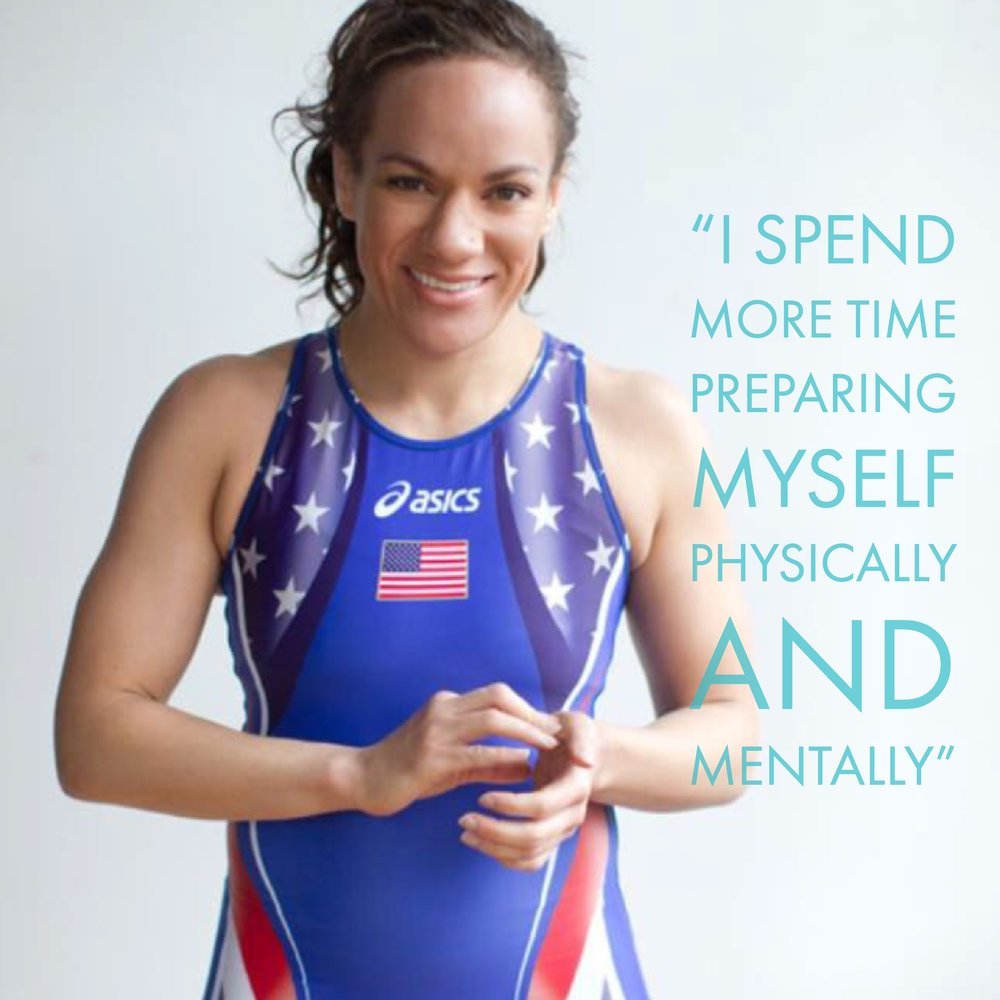Olympian Kelsey Campbell: Be Resilient in the Face of Injuries Part 1
Kelsey Campbell has been a pillar in the sport of women's wrestling. From famously beginning her wrestling career late in high school, becoming ASU's first female wrestler ever, and making the 2012 Olympic team in historic fashion, Kelsey has had a long and full career. But it hasn't been without setbacks. She has continued to find a way to make it look easy to someone on the outside, but is able to reveal the hard work and resiliency that is the backbone of her career. Kelsey brings us up close and personal with her injuries in sport and how they have made her tougher.
"Some days I couldn’t walk without a limp, but I’d be taking a 45 minute bus ride to practice"
A Career of Resiliency
I don’t think I’m unique in saying I’ve definitely faced my share of injuries, especially since making the switch to ‘full-time’ athlete. For almost 8 years I’ve trained anywhere from 2-3 times a day. That’s not including extra work, rehab, or training done off the mat. You have two options as an athlete: you can get to point where you are hurt and need to adjust things, or you are truly injured. At that point more drastic measures are taken like rehab sessions, major training modifications, and in some cases surgery. This is normal for athletes, and I haven’t necessarily had more than the average high level wrestler. However, I’ve certainly had some unique ones. I landed wrong while demonstrating a throw my second year in the sport and have struggled with back ‘problems’ my entire career.
For my first 5-6 Years, before I ever made a national team or had real resources, I would have major flare-ups with my lower back. Excruciating. Some days I couldn’t walk without a limp, but I’d be taking a 45 minute bus ride to practice. Not knowing any better, I just chalked it up as nothing more than normal stiffness, would pop a few Tylenol and push through it. It was much more than that, but I wouldn't find out until later. But being a young athlete (I actually started at 17 so I was basically an adult) and ignorant about sport-related injuries, I rarely sat out because of it. In high school I was a four sport athlete. The major injuries I faced were stress fractures, as I was a regular runner. This primed me for my later athletic years by planting a seed of wisdom to be smart, know what I could and couldn't handle, and the balance of trusting my gut and the professionals around me. However, it really wasn’t until I was almost 24 that I was treated for the back problems I had accepted for years as part of the ‘daily.’
Following my move to the Olympic Training Center in 2009, the volume of training increased significantly, but so did my recovery, so my bumps and bruises weren’t anything extraordinary. I started having neck pain that’s now graduated into something degenerative but also manageable, I would eventually tear both LCL’s, mildly sprain my mcl, a couple jarring bone spurs in my hands, injure both shoulders, and on a few occasions I had to give extra attention to my lower back, but it was all fairly structured protocol as far as rehab.
Comeback kid
I feel like my entire career is saturated with comeback stories. Every major team- world and olympic- that I made was as an underdog. Prior to both Olympic Trial wins I had a couple of injuries that forced me out of training for a significant amount of time. Before making the 2012 Team, I lost in the first round at the World Championships at a non-Olympic weight. My back had a severe flare up that took me out of training for nearly three months in 2016. My story isn’t over and I feel like the best chapter is yet to come.
A new game plan
As my career has continued, I've increased my commitment. When I was a young athlete, I had less knowledge but I was still extremely motivated. I didn’t have access to the best physicians in the country, and I’ll say this next part with caution: I found a way to understand things. I wouldn’t typically recommend random internet searches to find out ‘why does my knee hurt?' I represent a lot of athletes that don’t have a club, school or parent to vouch for them. Yet. Because of this, you use the resources you have. You find ways to treat what’s hurting and you ask a lot of questions. I no longer fall into the inexperienced category, but I still remain coachable in order to work closely with my strength coach and physical therapists. I still ask a million questions. I spend more time preparing myself physically and mentally. Everything I do with my nutrition, strength training and on the mat is with purpose. I’ve worked with a few of the same medical professionals for a while now, coupled with an amazing strength coach- Joe Micela- I feel like even if I’m not 100%, I can still evolve and improve every day.

